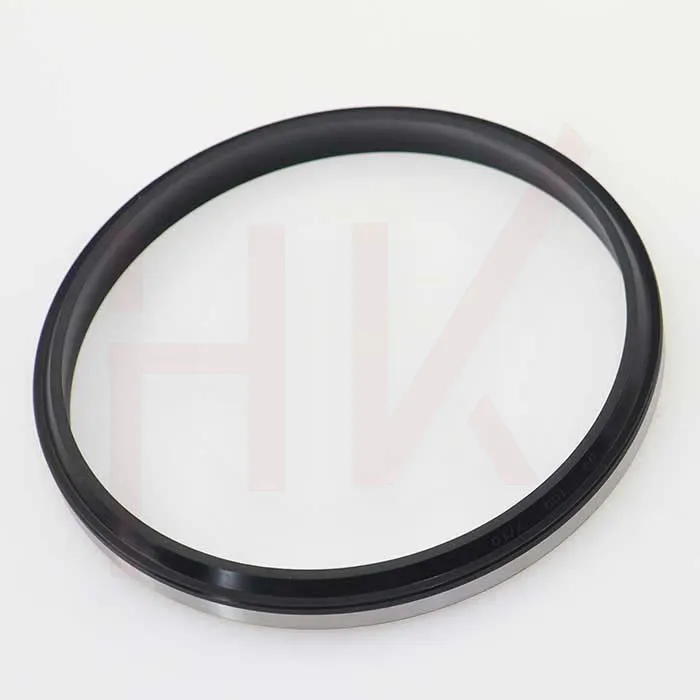Nov . 02, 2024 23:48 Back to list
hub grease seal
Understanding Hub Grease Seals Importance and Functionality
In the world of automotive and machinery maintenance, the term hub grease seal often surfaces in discussions about ensuring proper lubrication and preventing contamination. This essential component plays a pivotal role in the efficient operation of various vehicles and machines, including cars, trucks, trailers, and even industrial equipment. In this article, we will delve into the significance of hub grease seals, their function, and how they contribute to the longevity of mechanical systems.
What is a Hub Grease Seal?
A hub grease seal is a protective barrier installed in the wheel hub assembly or the housing of bearings. Its primary purpose is to retain lubricating grease while simultaneously preventing dirt, moisture, and debris from entering the hub assembly. This seal operates under high pressure and fluctuating temperatures, and its integrity is crucial for maintaining optimal lubrication of the bearings and other moving parts.
The Importance of Hub Grease Seals
The presence of a properly functioning hub grease seal is vital for several reasons
1. Preventing Contamination One of the main functions of the grease seal is to keep contaminants like dust, dirt, and water out of the lubrication system. Any intrusion of these foreign materials can lead to accelerated wear and tear, resulting in premature failure of bearings or other components.
2. Maintaining Lubrication Hub grease seals help ensure that the grease stays where it is needed. This containment is critical especially for high-load applications where the bearings require a consistent supply of lubrication to function effectively.
hub grease seal

3. Extending Component Life By preventing contamination and maintaining lubrication, hub grease seals significantly extend the life of the bearings and the overall hub assembly. This preventative measure reduces maintenance costs and downtime associated with repairs or replacements.
4. Safety A compromised grease seal can lead to bearing failure, which may result in unsafe driving conditions. In automotive applications, a failing hub assembly can cause a wheel to detach, posing a serious risk to the driver and others on the road.
Signs of a Failing Hub Grease Seal
Recognizing the signs of a failing hub grease seal is essential for timely intervention. Some common indicators include
- Grease Leakage The most evident sign of a compromised seal is the visible leakage of grease around the wheel hub. - Unusual Noises Grinding or whining noises from the hub area may suggest that the bearings are no longer adequately lubricated due to seal failure. - Increased Heat Overheating components can indicate that the lubrication has been compromised, leading to elevated temperatures in the hub assembly.
Conclusion
In summary, the hub grease seal is a small yet critical component that plays an essential role in the functionality and longevity of vehicle and machinery operations. Regular inspection and maintenance of these seals can help identify potential issues before they lead to more serious problems. By ensuring that your hub grease seals are in good condition, you can safeguard your vehicle's performance and extend the life of its components. When it comes to maintenance, a little attention to these small seals can go a long way in keeping mechanical systems running smoothly.
-
Unlocking the Potential of Hydraulic Systems with Essential Sealing Solutions
NewsAug.06,2025
-
Unleash the Power of Your Hydraulic Systems with Our Premium Seal Kits
NewsAug.06,2025
-
Specialized Hydraulic Seal Kits for Breakers, Pistons, and Presses
NewsAug.06,2025
-
Revitalize Hydraulic Systems with Premium Repair and Seal Kits
NewsAug.06,2025
-
Fortify Your Cylinders with Premium Sealing Solutions
NewsAug.06,2025
-
Elevate Hydraulic System Reliability with Specialized Seal Kits
NewsAug.06,2025
-
TCN Oil Seal Metal Ring Reinforcement for Heavy Machinery
NewsJul.25,2025
Products categories
















